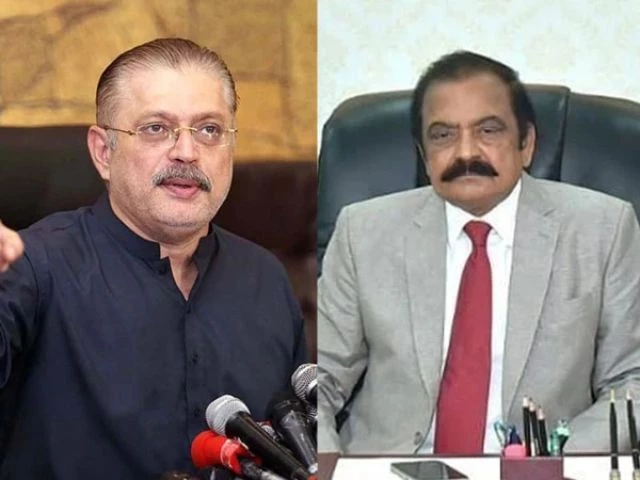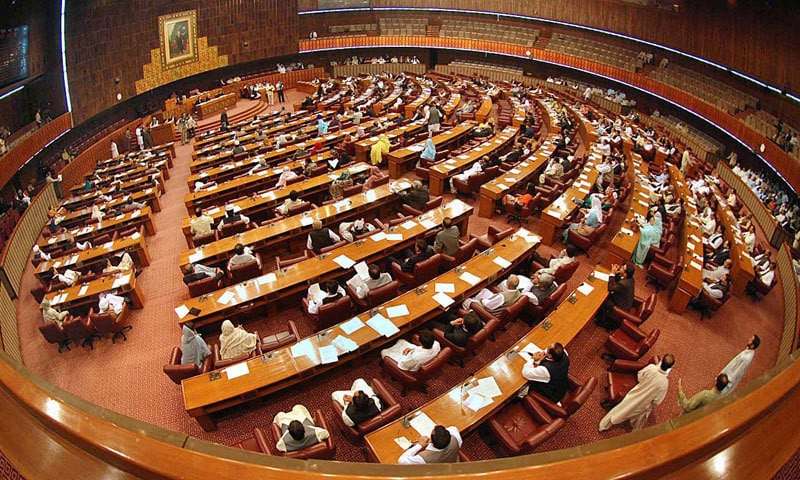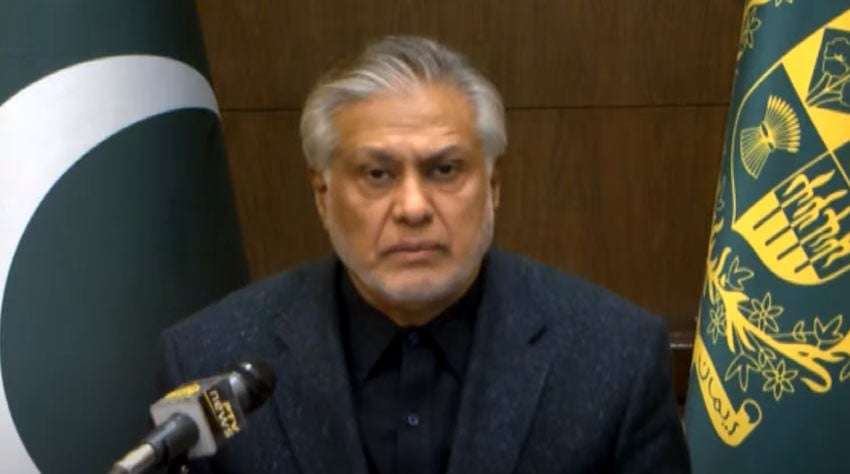Sindh and Federal Government Set to Open Dialogue on Controversial Canal Plans
In a notable turn of events, the federal and Sindh governments have agreed to initiate formal talks regarding the ongoing controversy surrounding canal development projects. This development follows a crucial phone conversation between Adviser to the Prime Minister Rana Sanaullah and Sindh’s Senior Minister Sharjeel Inam Memon.
According to Express News, both leaders underscored their mutual intention to resolve the matter through constructive dialogue rather than conflict.
Rana Sanaullah shared that Prime Minister Shehbaz Sharif and PML-N leader Nawaz Sharif had instructed federal representatives to listen to Sindh’s concerns and ensure equitable treatment across provinces.
“The federation is committed to a fair and just distribution of natural resources,” Sanaullah said, emphasizing that no province should face an illegal diversion of its water supply.
He cautioned against politicizing the issue, highlighting that the 1991 Water Apportionment Accord and the IRSA Act were in place to uphold provincial rights and maintain transparency in water distribution.
Sindh Voices Strong Reservations, Welcomes Dialogue
Sharjeel Inam Memon reiterated that both the Pakistan Peoples Party (PPP) and the people of Sindh are deeply troubled by the proposed canal projects. While reaffirming the province’s reliance on the 1991 Accord for safeguarding water rights, Memon acknowledged and appreciated the centre’s willingness to hold discussions.
The bone of contention lies in the federal plan to construct six canals drawing water from the Indus River to irrigate the Cholistan desert. With an estimated budget of Rs211.4 billion, the project aims to transform around 400,000 acres of uncultivated land into fertile farmland. However, Sindh has voiced concerns over the impact such diversion could have on its existing water needs.
PPP Threatens to Exit Coalition Over Canal Plans
The canal project has triggered a strong political response, especially from the PPP leadership. At a public gathering in Hyderabad, PPP Chairman Bilawal Bhutto Zardari warned that his party may withdraw from the ruling alliance if the federal government does not cancel the proposed project.
“The PPP demands the federal government to halt the controversial canal initiative and take our reservations seriously. If not, we will be forced to step away from the coalition and cut all political ties,” Bilawal declared.
CM Murad Ali Shah Predicts Canal Project Collapse
Adding to the mounting pressure, Sindh Chief Minister Murad Ali Shah voiced confidence that the disputed project would not survive until the next federal budget cycle.
“I believe this issue will be dead and buried before the 2025–26 federal budget is even presented,” Murad Ali Shah commented on Saturday, signalling Sindh’s firm opposition and its belief in a favorable outcome.
5 FAQs for Pakistani Readers: Understanding the Canal Project Dispute
1. What is the core dispute between Sindh and the federal government about the canal project?
The conflict revolves around a federal proposal to build six canals from the Indus River to irrigate the Cholistan desert. Sindh believes this will negatively impact its own water supply.
2. Why is Sindh opposed to the canal project?
Sindh fears that diverting water from the Indus will reduce its share, threatening agriculture and local livelihoods. The province is also concerned that its constitutional rights under the 1991 Water Accord are being ignored.
3. What is the federal government’s stance?
The centre maintains that the canal project is aimed at national development and emphasizes it will not unlawfully divert water. It has shown readiness for dialogue to ensure all provinces are treated fairly.
4. What actions has the PPP taken in response?
PPP leaders, including Bilawal Bhutto Zardari, have threatened to leave the ruling coalition if the canal plans are not scrapped. They demand that Sindh’s objections be fully addressed.
5. How can this issue be resolved?
Both sides have now agreed to enter into talks. Resolution may come through adherence to the 1991 Accord, consultations with IRSA, and potentially adjusting the scope or timing of the canal project.



